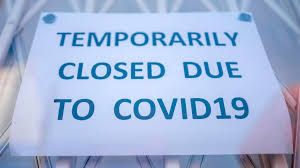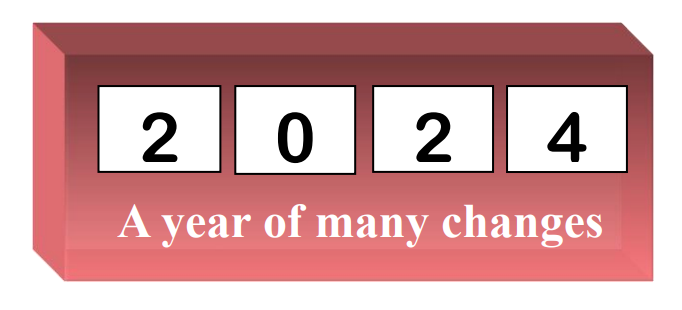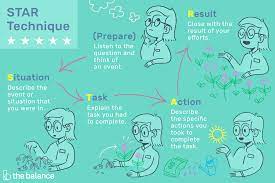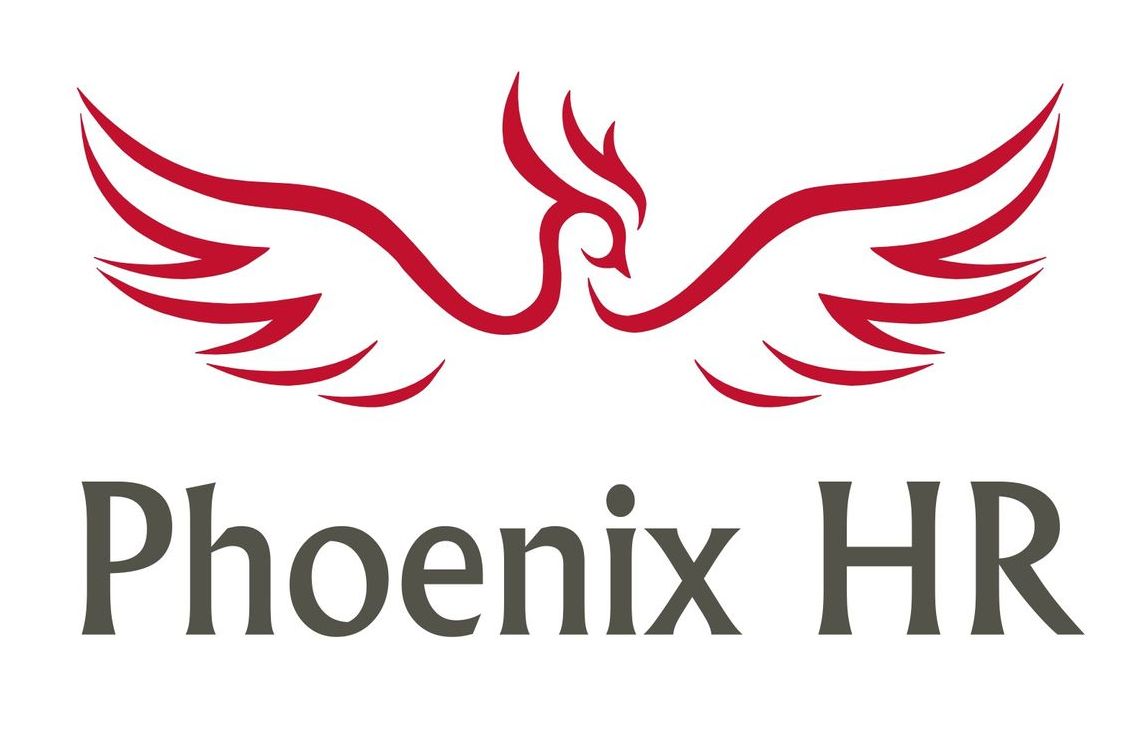CJRS (Furlough) - Are you compliant?
A guide to meeting HMRC guidelines

The Coronavirus Job Retention Scheme (CJRS) was first announced back in March 2020 and over the last 10 months have funded up to 80% of an employee’s wages if there is no work for them to complete due to COVID-19.
For those of you that have received State Aid or any other Government or EU grant, you should be aware that there are regulations involved in using these schemes including ongoing monitoring and review.
As the Government needed to respond so quickly, there were few guidelines available in the early stages as businesses needed support, and they needed it quick. Therefore, HMRC issued the funds but confirmed that checks may be carried out in the future.
HMRC has put together a specialised team to carry out ‘compliance checks’, and in some cases HMRC are requesting vast amounts of information, often, dating right back to the businesses first CJRS claim to confirm compliance.
The checks are there to make sure businesses have met the conditions of receiving the funding, and that claims have been accurate and not fraudulent.
Some businesses may have received letters throughout the CJRS scheme, prompting them to make sure that they were compliant. However, I have not heard of any businesses local receiving a letter. However, I am aware that more recently HMRC are sending out regular emails to companies that are in receipt of CJRS.
What is involved in an HMRC compliance check?
It is expected that compliance checks come with extensive information requests with just two weeks from the date of the letter to provide the information requested. Unfortunately though, there is often a delay in sending out these letters, which means that companies may only have a matter of days to provide the information. If this has happened to you, you should ring HMRC, they are usually very supportive and will extend the deadline for a short period. Never ignore the letter.
It makes more sense to pre-empt these requests and make sure that you have all your compliance documents in place and ready to supply if requested.
Requests are substantial and are on a per-employee basis. Meaning the more employees that utilised the scheme (9.6m in total across the UK), the more information you are required to provide. Much of the information requested is also per wage payment; meaning those that pay weekly are needing to supply much more information than those that pay monthly.
Information/evidence that has been requested from the claims we have seen so far (this is per employee and per claim):
- The employees, name, address and NI number
- The furlough start and end date
- Details of how their normal pay is calculated
- How their furlough pay was calculated
- Whether you paid the employee at least the amount on the claim (evidence required)
- The amount paid in pension costs (evidence required)
- The number of hours usually worked
- The number of hours worked
- The number of hours on furlough
- The employer NI contribution claimed
- The employer pension contribution claimed
You will also need to supply details of any corrections or adjustments to your CJRS claims. If you don’t have all the above information, I suggest you speak to your payroll department.
You will also be required to pass compliance checks of the legal condition of the grants, i.e. contract amendments and furlough agreements, etc. These were a clear and well-documented stipulation of receiving the grant. These documents include:-
- minuted notes of board meetings with decisions related to furlough
- contracts of employment
- written furlough agreements with staff
- furlough agreement letter
- temporary variation of contract letters
- return to work after furlough letters
- furlough end letters
- flexible furlough letters
If you require any help or support with any of the above, please click on the get in touch button below. The first discussion is always free and without obligation.
What's going on in HR & Recruitment?
Take a look at our latest blog posts to learn what is going on in the HR and recruitment industry, and how it affects you. Plus some useful tips on how to secure that dream job.
Let's Talk
If you would like to know more about how we work
please contact us for a free, no-obligation chat.
All Rights Reserved | Phoenix HR | Privacy Policy | Website by WebJewel










